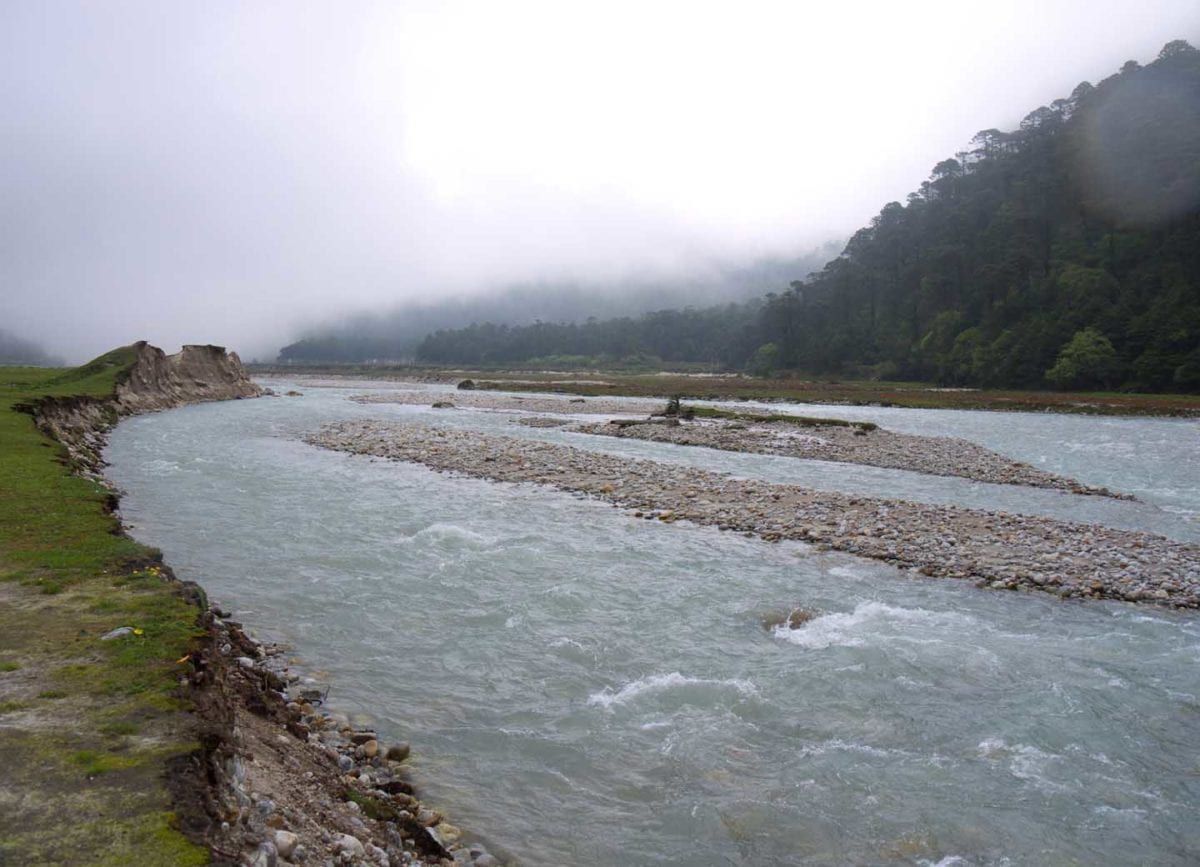In the past few months, on the path of self-transformation, we have already covered the important aspects of mental transformation. I will now elucidate emotional transformation for you. My goal is to cover it in a series of articles in the next eight to ten weeks.
A perspective on emotional transformation
Even though I am starting my exposition henceforth, I have already written a fair bit on emotions. In particular on positive and negative emotions, on being positive, on loving, and overcoming negative emotions. If you have not already gone through them, I encourage you to read up on them, especially – the eight worldly emotions. Without further ado, let us delve in:
Transformation of conditioned emotions
All reactions to everything in life, spring from your emotions. Generally, thoughts you do not abandon, take the form of emotions or desires. If you do not abandon the thought of disliking someone, it is likely to turn into an emotion of hatred, for instance. However, emotions are not just thoughts un-abandoned. They are more profound than that, deeper than just the plain arithmetic of discarding or keeping thoughts. Whenever your conditioned mind experiences anything, good or bad, it leaves a psychic imprint.
Yogic texts call it citta vriti. They continue to accrue and pile up over several lifetimes. Such psychic imprints keep getting stocked in a giant storehouse, your mind. Almost like the sedimentation process, you form psychic sediments, hardened imprints. They are hard to get rid of. But it can be done.
Understanding your emotions for transformation.
And this is precisely my focus as a part of Emotional Transformation: to allow you to see your emotional side, understand its cause, work on its cleansing, leading to complete emotional transformation.
Unlike units of thoughts, emotions are not absolute. They are relative. Since their primary nature is non-absolute, they can be championed with mindfulness and practice. Often, one has a reason to feel good or bad, happy or sad, kind or cruel, and so forth. Such reasons are merely excuses. There is no justification for letting a certain emotion, any emotion, overpower you.
As you cleanse yourself, stilling your mind, washing off your imprints, you start to experience a state of evenness regardless of what is going on around you. You begin to understand the relative and interdependent nature of the material world.
Transformation of emotions and the theory of relativity
A man approached Einstein once and said, “I can’t understand all these technical terms and the scientific thesis behind your theory of relativity. Can you explain it to me in simple words?”
“When you are enjoying a nice dinner with a beautiful woman sitting across you, two hours pass as if two minutes,” quipped Einstein. “And, if you are sitting on a hot plate, two minutes feel like two hours. That’s relativity.”
Chuckle. This theory applies ditto to emotions too. It is all relative. Self-delusion may lead you to believe that your emotional state is dependent on what you have or lack. Your true nature, though, your transcendental emotional state is free of all relativity and dependent phenomena.
When you start to believe that having certain things will make you happy, you weaken yourself emotionally. As soon as you do those things, you already have a list of other things you think you ought to have to feel happy. You keep ticking off the list, and the list keeps on growing. It becomes an endless quest: finding happiness or feeling good.
If your emotional state is dependent on many things, you can well imagine a lack of emotional stability. Each time any of those things go missing, it will disturb your emotional balance.
The journey of turning inward is realizing your true nature, so you may rise above worldly emotions. It does not mean that you no longer enjoy the world, but that you learn to discard any emotion at will, anytime you so wish. You begin to understand the relative nature of everything around you. Your true nature, which is absolute, is not dependent on anything relative. Seeing the relativity and rising above it is self-realization.
The twenty-year-old son of Mulla Nasrudin, the famous Sufi character, once asked, “Father, is a ton of coal too much?”
“It depends, son,” replied Mulla, “on whether you are shoveling it or buying it.”
The world will continue to be relative, but you have a choice of gaining your absolute ground while living in the material world. Such ground will give you enough room to design your own world however you wish it. And as an added bonus, anyone who comes into contact with you will bask in bliss.
In the next post, I will document an important practice for emotional transformation.
Peace.
Swami
A GOOD STORY
There were four members in a household. Everybody, Somebody, Anybody and Nobody. A bill was overdue. Everybody thought Somebody would do it. Anybody could have done it but Nobody did it.
Don't leave empty-handed, consider contributing.It's a good thing to do today.









Comments & Discussion
13 COMMENTS
Please login to read members' comments and participate in the discussion.